We kind of have a tendency as human beings to over-complicate a lot of aspects of work — think about 17 steps of process when probably two would do, which likely happens with at least one process at your job. Dale Carnegie had a quote: we want work to be logical, but it’s often emotional — because (well, until robots come for us all), it’s made up of humans. And humans are emotional, psychological creatures.
All this said, you still need to find ways to focus at work — because, at the most basic level possible, you are receiving compensation in exchange for completing a series of tasks or managing a series of projects. And that’s going to require some focus.
But (movie narrator voice) in a world with gossip and emotion and seemingly-endless strings of email and meetings, how does one focus?
Mindfulness apps and the like
This has emerged pretty quickly as a big industry, and there are lists all over the Internet now — like this one — of the best apps for mindfulness or meditation. People are now making the case that mindfulness and meditation are essential for work, which makes some sense: in a world of “busy busy busy” and “go go go” and “what’s the next thing and the thing after that,” it’s hard to really know how well you’re doing on anything without some time to reflect. Mindfulness is designed to provide that.
Uninterrupted work time
At a lot of offices, people’s calendars are sacred. If someone needs to get you for something (especially if they’re remote relative to you), they’ll look at your calendar and try to find some time. So, here’s what you do: take a day in the middle of the week (i.e. a Tuesday, Wednesday, or Thursday — which tend to be our most productive days) and set aside 2-3 hours on your calendar. Label it whatever you want. This will be uninterrupted work time. Now, once you do this — do not use that time to “catch up on emails” or something. Use it to work on bigger projects that require more brain space and creation.
Batch tasks
This is actually what Toyota — one of the more productive car makers in the world — urges its employees to do. It’s kind of like chunking together smaller tasks to create a state of “flow,” or the belief that you’re making progress on a number of things in a given period of time. That’s going to drive up satisfaction, which is subsequently going to make your work more effective. Some people don’t like this approach, arguing that it’s too akin to a to-do list, but achieving tasks gives human brains a great sense of accomplishment, and that can power you through the afternoon.
Use Fridays differently
We’re coming up on the summer now. Not all offices have “summer Fridays,” but a slice of them do — and if you don’t have it, chances are a lot of Friday afternoons are going to be dead. (People on vacation, etc.) Now, ironically, the following Monday is usually a hit-the-ground-running tire fire. So how about using Friday afternoons more effectively? Instead of doing project work or calling meetings, use Friday to plan out Monday — and the rest of next week. Then when you get in on Monday, you’ll know where to start and feel a bit more ready to conquer that week.
“A focus day”
This is somewhat similar to “batching tasks” above, but is described well in this article — with the great headline of “How I Set Aside Two Days A Week To Work On One Thing.”
Retrain your brain
The problem with a lot of work is “push/pull,” meaning that you get notifications — like email, Basecamp or even Facebook — and because the notification is simply there, you want to check it or respond to it. But that distracts you, and once distracted, it could take several minutes to get you back to focusing on what mattered. So here’s a hack: set aside a few minutes every hour where you can check Facebook, your text messages, etc. Time it. And then go back to work. You’ll train your brain that distraction works on a schedule. While you’re at it, know the optimal time ratio for human beings at work is typically 52 minutes on-focus, 17 minutes off-focus.
This article was originally written by Ted Bauer and published as “How do I Focus on the Task at Hand?” on March 30th, 2017.




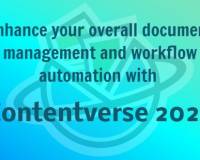
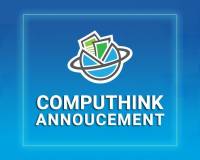
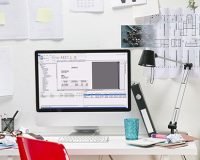

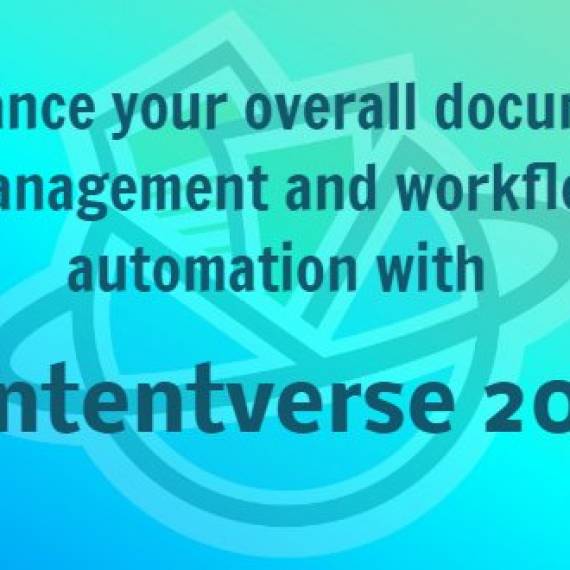
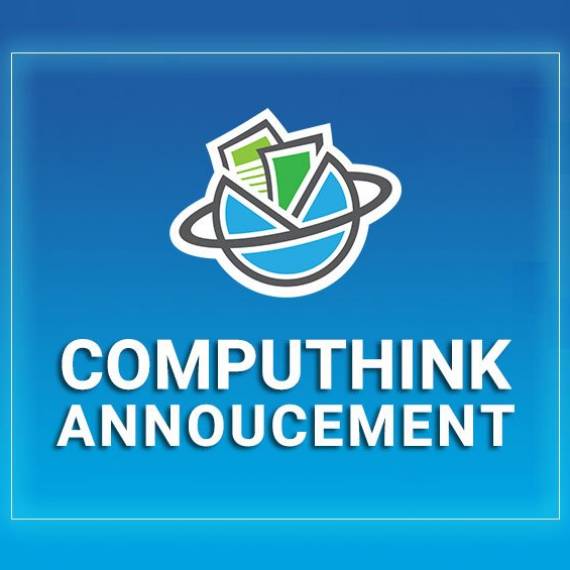
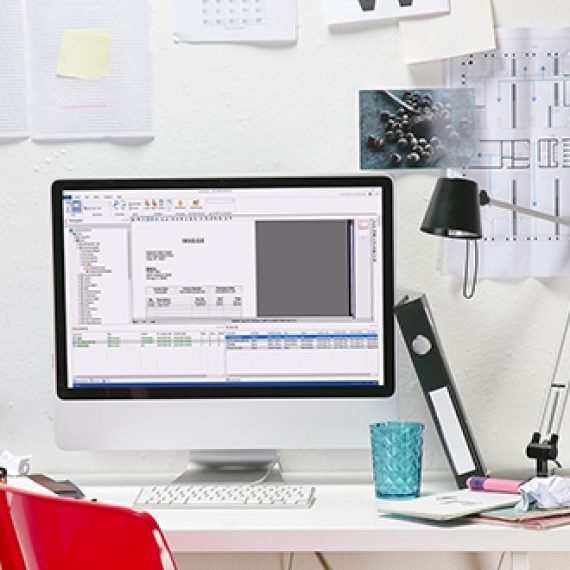
Leave a Comment